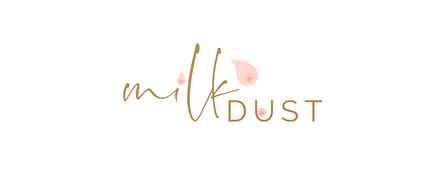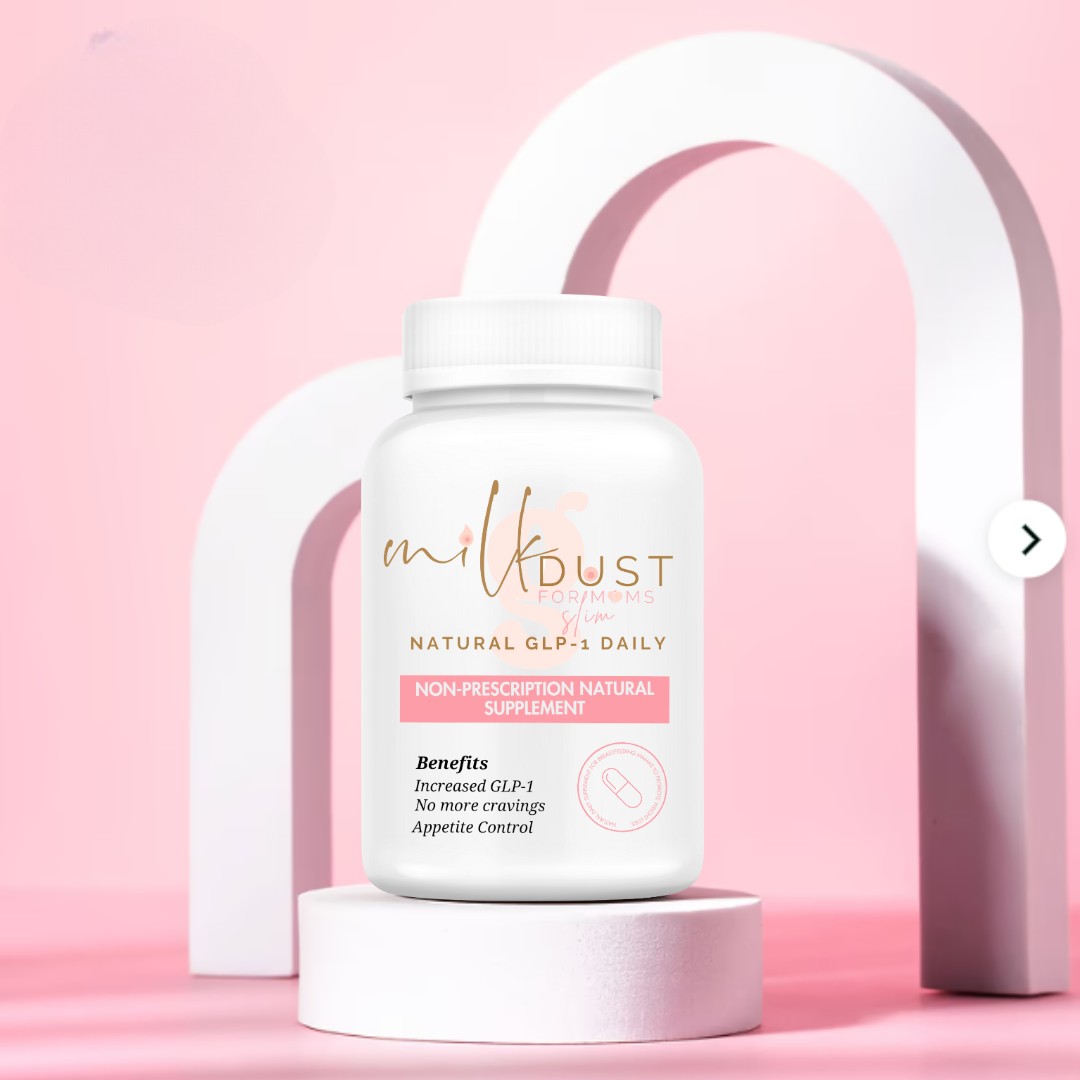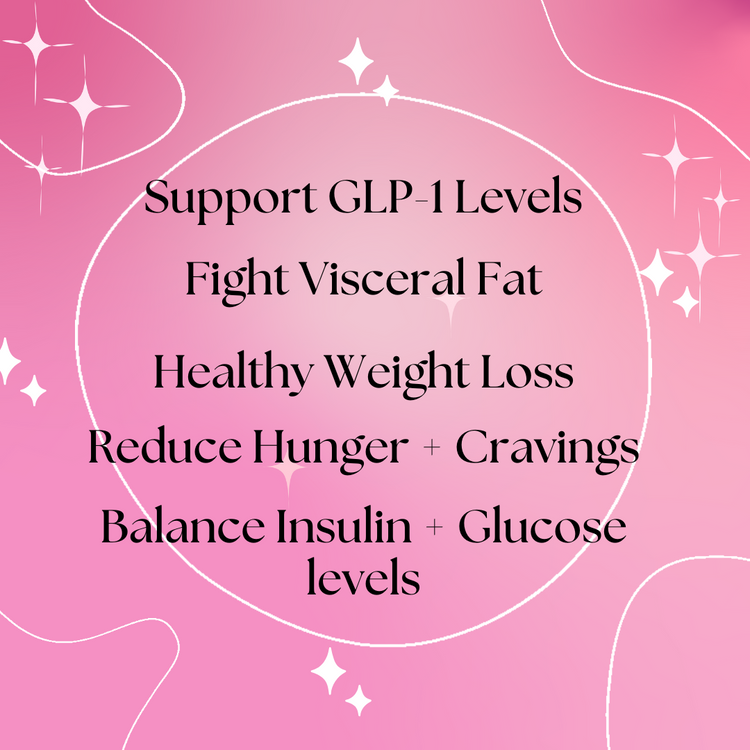With the formula shortage happening now, many new moms are choosing to switch back to breastfeeding for feeding their newborn. Many mamas are probably not aware that you can switch back to breastfeeding, even if your milk production is completely gone. It may seem overwhelming to completely switch back to breastfeeding and give it a second chance, or maybe you're unsure if breastfeeding will work at all, but with the baby formula shortages, it might be worth a try. Remember, the World Health Organization (WHO) suggest that babies breastfeed until they are at least 2 year old, or 24 months of age. There are of course a variety of reasons a new mom may choose to not breastfeed or pump, in which there are many formulas that are wonderful for baby. With current events, it is most important to think of baby's needs and try offering breast milk when there isn't as much formula available.
IS IT TOO LATE TO START BREASTFEEDING?
According to the Association of Breastfeeding Mothers (ABM), you can start breastfeeding again even if it has been weeks, months or years since nursing. If you never breastfed your baby, and went straight to formula, this does not mean you can't start breastfeeding. There are many success stories of adoptive mothers being able to lactate even when adopting newborns. The younger your baby, the easier it will be to relactate. According to the Central District Health Department, babies under 3 months have the most success. Babies over 6 months will have a harder time, but if they breastfed at all previously, it will be easier. A lactation consultant will be a wonderful guide for you when determining how long and if you will be able to relactate. If you previously didn't have enough milk, and that is why you stopped breastfeeding, keep reading and consider some of the tips and tricks we have. An infant formula shortage may be a more immediate reason to try again.
WHAT IF I HATED BREASTFEEDING?
Many mothers choose not to breastfeeding because it is painful, stressful and/or exhausting. Using a breast pump can be inconvenient and annoying. There can also be milk supply issues that weigh so heavy, it is emotionally too much. If this has been your experience, yet you want to try breastfeeding your baby during a formula shortage, finding support is a non-negotiable. If you have had truly terrible and dissapointing experiences breastfeeding, talking to a counselor or therapist during this process is really important. It is very common for new moms to have some post-traumatic stressors surrounding breastfeeding, and good therapist can walk you through this, while also guiding you to emotionally and mentally deal with the process in new ways that may be more positive for you and baby.
There are also support groups for low milk supply and breastfeeding, where you can find friends and mothers who can support and help you through the process. Many in these groups are nurses, lactation consultants and experienced mothers with a wealth of knowledge and experience.The proper support is going to be paramount to your success emotionally, and it will help the hard work not seem so hard!
HOW TO RESTART YOUR MILK SUPPLY (EVEN IF IT'S BEEN A WHILE):
Restarting your milk supply is going to take some work, but the amazing nutritious gains for baby are often worth it. The process involves stimulating your breasts to send the hormonal signals that are required for lactation. Here is your step-by-step process to restart your milk supply:
The first step is to stimulate the breasts with the baby, an electric pump, manual pump, hand expression and nipple stimulation. Frequent breast stimulation will spark the hormones needed for lactation.
Stimulate your breasts during the night when milk-making hormones are highest. Set your alarm for late-night and early morning.
Wear baby close to you as much as possible for lots of skin contact.
Make sure you have a good fit with your falanges for your pumping and use a nipple shield if necessary.
Don't stress about your milk in the beginning! The good news is it will come.
Supplement baby with formula while also having baby nurse the breast as much as possible until you have a full milk supply.
Try baby-led bottle feeding, which slows the milk down and makes baby work a little harder, and can lead them back to the breast.
Do not force baby to the breast. Make breastfeeding positive. Try songs, music or rocking while to keep baby happy.
Try a nursing supplementer (a tube connected to the bottle that runs next to your breast) in the beginning, so baby is satisfied while learning to feed at the breast.
Use herbal supplements to help encourage lactation. Milk Dust offers a propietary, patent-pending herbal blend that increases milk supply fast using the power of herbal remedies.
Try prescription medications from your healthcare provider if needed to increase the amount of breast milk
Remember, if baby does not want to breastfeed at the breast, but your breast milk supply is coming back, you can still feed your baby the pumped milk to supplement with formula, which is very beneficial.
PROTEIN AND GALACTAGOGUES ARE ESSENTIAL TO RELACTATION SUCCESS:
In a recent study, nurses needing to help new mothers relactate for their newborns who were born premature and in the NICU actually perscribed protein-rich foods (like Milk Dust) as a part of their relactation program. This study found that with the proper nutrition and supplements, in addition to as many feedings as possible, relactation was successful. Available studies are showing us just how powerful nutrition, in particular protein, is for increasing the amount of milk produced and establishing a full supply.
A Milk Dust shake every day will support and help with relactation success. It is key that proper protein and lactation-supporting nutrients are supporting a new mother. If you are concerned about Fenugreek as a supplement, we also have a Fenugreek-Free formula.
Andrea Tran, RN, BSN, MA, IBCLC states, "If it has been a long time since you last made milk, you may need more than just breast stimulation. In a situation like this, you will want to work with a qualified lactation professional and a physician, as well as use milk-boosting products to promote breast health. Milk Dust is an amazing product for this because of the nutrients and herb combination.
There are pharmaceuticals that can help convince your body to make milk. This option should be discussed with your health care providers."
With the support of nutrition and supplements, relactation can happen much faster. The important thing is that you focus on supporting your body with high-quality foods, and it is a good idea to take time for preparing lots of fruits, vegetables, lean protein and complex carbohydrates. A good diet goes a long way for increasing milk supply, and food is a very powerful medicine.
HOW LONG DOES IT TAKE TO RELACTATE?
Many factors are involved with how long it will take to relactate. If your recently had your baby, it could take only a couple weeks or sooner. If it has been longer, and your baby is older, it may take a month or more. Many mamas give up after a month, but that doesn't mean you should. Keep in mind it can happen much faster with proper nutrition and supplementation. Milk Dust has everything you need in one, and it tastes amazing, so you can be assured your Milk Dust shake will help you get back to breastfeeding.
CHANGES TO WATCH FOR TO KNOW RELACTATION IS WORKING:
There will be some changes that will help you know if relactation is working.
Your breasts may start to become full and tender.
Your areolas may become darker, and
Skipping a menstrual cycle is a really good sign.
Mood changes as a result of changing hormones
HOW DO I SWITCH BABY FROM FORMULA TO BREAST MILK?
You may be wondering exactly how to swtich baby over from formula feeding to breastfeeding. Once your supply is back, allowing baby to breastfeed as often as they want is really important if you want to exclusively breastfeed. If you are going to pump, and keep baby at the bottle, then the simplest transition is to slowly increase ounces of breast milk and decrease ounces of formula. If baby is older, you can use solid foods to help while you don't have much milk yet. Because breast milk could be more or less filling than the formula you are using, don't be too surprised if baby wants more or less breast milk once you've switched over. Breast milk has a very different nuttional make up than formula, and your baby could want more or need more for the same satisfaction. Baby wanting more doesn't mean breast milk isn't working. If your newborn baby is suckling well, and has a strong desire to feed at the breast you are on the right track! The American Academy of Pediatrics state the many benefits of breastfeeding, so keep this all in mind when you are working so hard on your breastfeeding journey.
HOW DOES MILK DUST SUPPORT RELACTATION?
Milk Dust has been helping new moms increase their milk supply for over 3 years. It offers very carefully chosen nutrients that support lactation from a nutritional approach. Many new moms struggle to increase supply when just eating cookies or drinking teas because those don't offer the powerful superfoods, antioxidants and vitamins that Milk Dust offers. Milk Dust has a propietary, patent-pending blend of herbs and ingredients proven to increase lactation. There is no other hollistic product on the market that tastes amazing, helps with breastfeeding sugar cravings, and supports milk supply. Milk Dust is manufactured here in the US and reviewed by medical professionals to ensure the safety for breastfeeding mamas.
Adoptive moms have used Milk Dust to help them lactate for an infant, to try exclusive breastfeeding even with their adopted baby. This establishes a feeling of closeness for the adoptive parent and baby, and allows the baby to have mother's milk.
A healthy diet is going to be the cornerstone for successful relactation. Milk Dust really helps with establishing a foundation for the nutrients your body needs to successfully produce breast milk, as well as maintain your healthy diet through managing cravings.
If you are having a lot of trouble, and really struggling, you can find your local LLL group (La Leche League International) to access all their local and online help.










